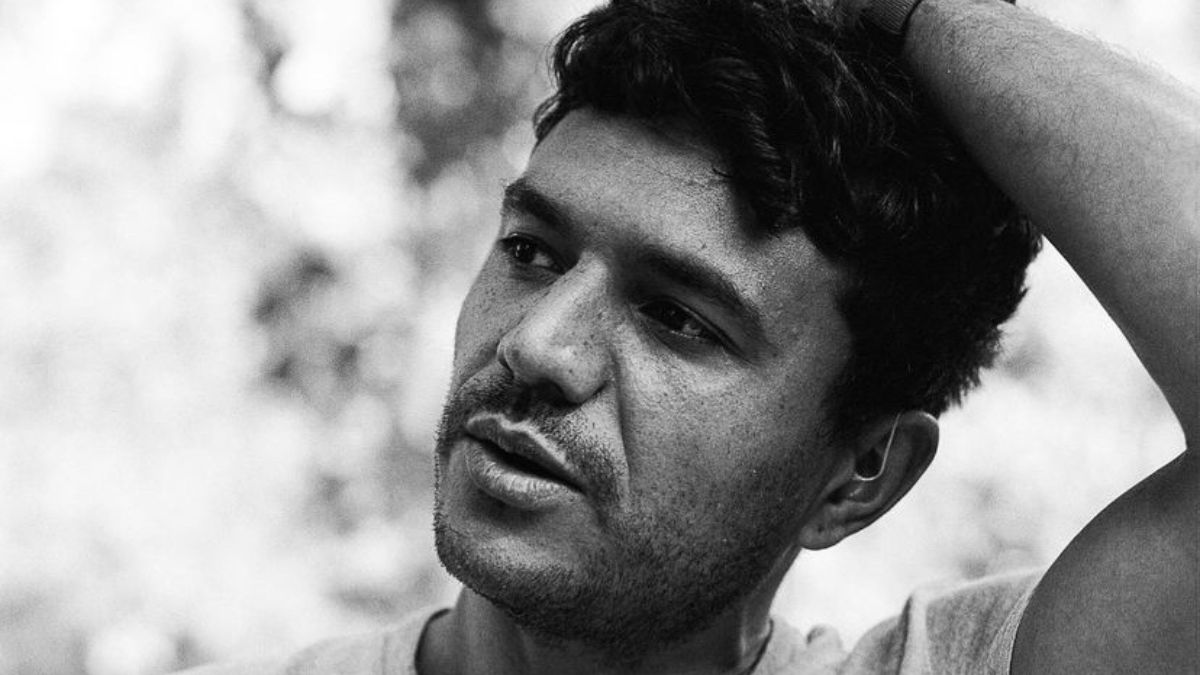Raymond Antrobus, the award-winning poet, turns to prose in his honest and insightful memoir, The Quiet Ear. Far from being a typical, linear collection of anecdotes, this book fits comfortably in the writer’s catalogue as another piece which expands beyond binaries and definitives. It covers both the individual, the communal, and the in between, as well as the nuance around deafness and hearing – such as a welcome debunk of the misconceptions around music (Antrobus is a fan of Busta Rhymes, in particular).
There’s a number of contributors to the book, too, such as deaf swimmer Nathan Young pointing out the lack of government funding for Deaflympic athletes (part of a wider chapter on Antrobus’ experience of swimming, which taps perfectly into the idea of inner music with the voice of his supportive swimming coach remaining in his had all these years later), but it would have been good to have heard from more than a handful. There’s a whole list of other deaf people mentioned in the book’s acknowledgments – full disclosure, I am one of them – and I have no doubt they had influential roles in who Antrobus became, too.
It may be his first piece of prose, but The Quiet Ear still demonstrates Antrobus’ poetic talents, tying what initially struck me as separate anecdotes into a collective observation on how we are shaped by others, the melodies which come together to produce the symphony of the self. What begins as a very literal examination of the ‘missing sound’ in the poet’s audiogram becomes a brilliant lesson in what can be found through community and communication.
The Quiet Ear: An Investigation of Missing Sound is published by W&N, an imprint of Orion Publishing, on 28 August.
Images: Caleb Azumah Nelson.
